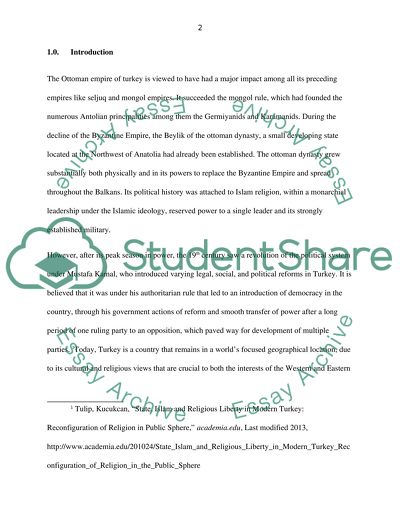Cite this document
(“Turkey Politics from the Ottoman Empire Period until our very Modern Research Paper”, n.d.)
Turkey Politics from the Ottoman Empire Period until our very Modern Research Paper. Retrieved from https://studentshare.org/sociology/1468780-turkey-politics-from-the-ottoman-empire-period
Turkey Politics from the Ottoman Empire Period until our very Modern Research Paper. Retrieved from https://studentshare.org/sociology/1468780-turkey-politics-from-the-ottoman-empire-period
(Turkey Politics from the Ottoman Empire Period until Our Very Modern Research Paper)
Turkey Politics from the Ottoman Empire Period until Our Very Modern Research Paper. https://studentshare.org/sociology/1468780-turkey-politics-from-the-ottoman-empire-period.
Turkey Politics from the Ottoman Empire Period until Our Very Modern Research Paper. https://studentshare.org/sociology/1468780-turkey-politics-from-the-ottoman-empire-period.
“Turkey Politics from the Ottoman Empire Period until Our Very Modern Research Paper”, n.d. https://studentshare.org/sociology/1468780-turkey-politics-from-the-ottoman-empire-period.


